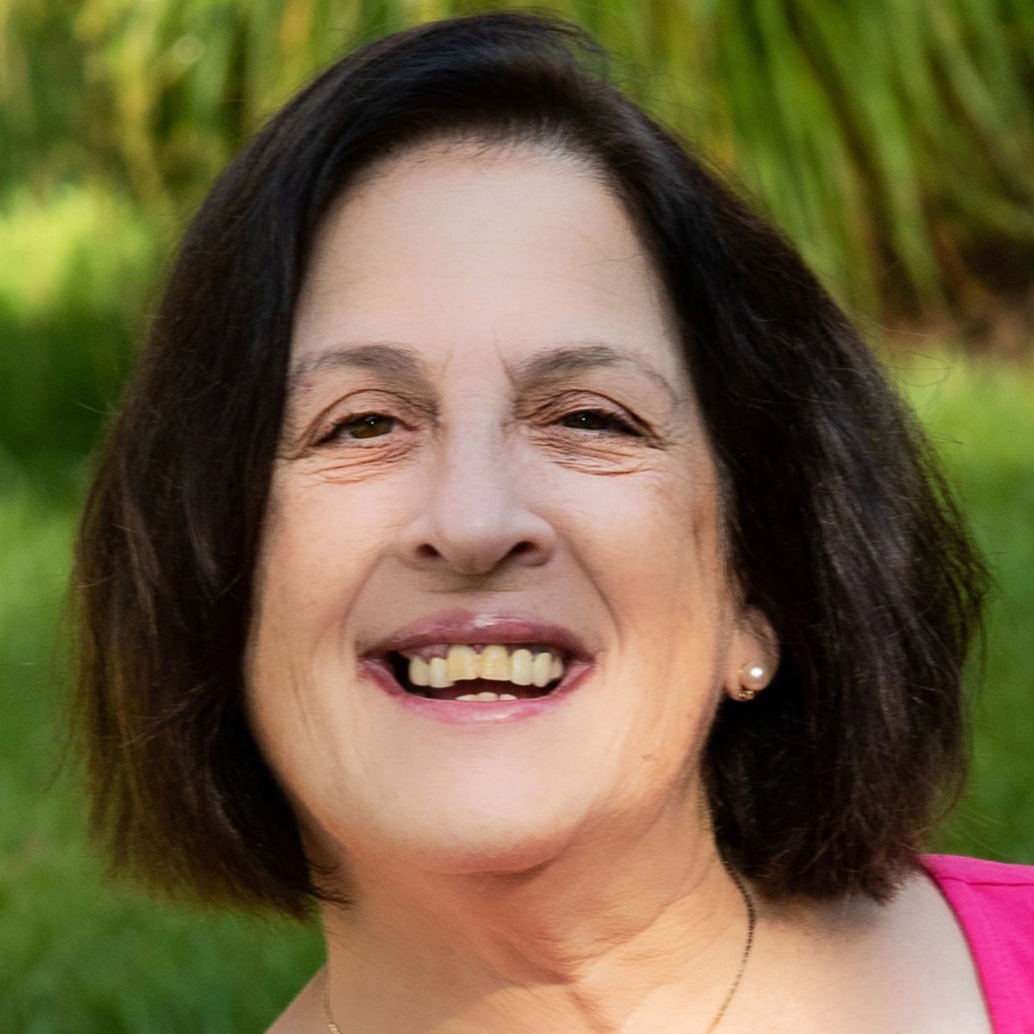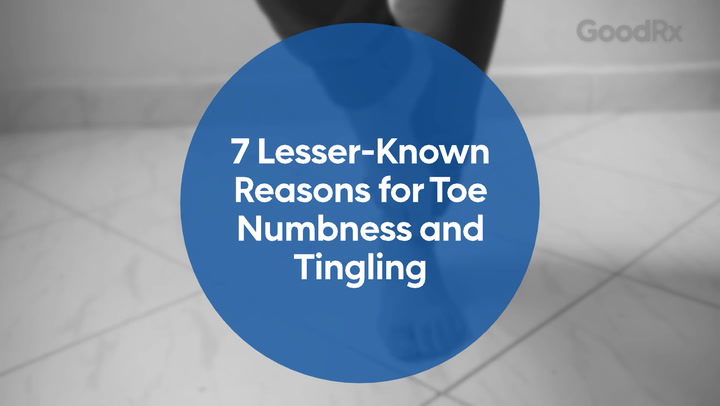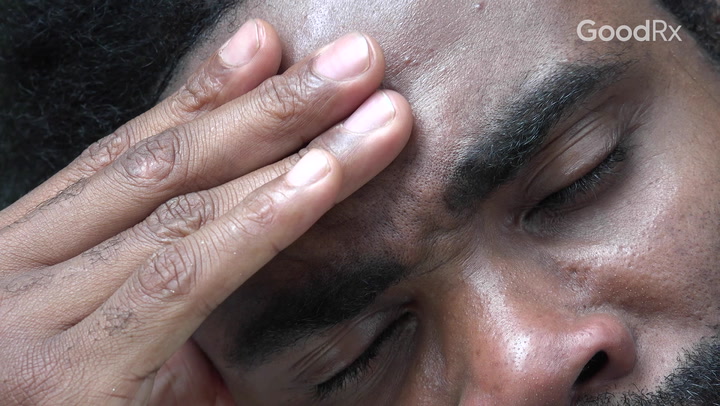
How Much Does Psychiatry Cost Without Insurance?
Key takeaways:
Psychiatrists are physicians who provide care for serious mental health issues. These medical professionals consider physical and mental health issues that may be causing your distress.
Psychiatrists can prescribe medication, and many also provide psychotherapy.
While psychiatric care can be expensive, there are ways to reduce costs.
Psychiatry is a medical specialty that helps people who are facing mental health, behavioral, and emotional concerns. Physicians who practice psychiatry are called psychiatrists.
A psychiatrist has specialized training in mental health issues including substance use disorders such as addiction to drugs and alcohol.
People seek help from psychiatrists for reasons including panic attacks, suicidal thoughts, and hallucinations, as well as sad, anxious, or hopeless feelings that don’t go away and impact everyday life.
Search and compare options
How is psychiatry different from other mental health care?
Psychiatrists generally charge more than other types of therapists such as mental health counselors, social workers, and psychologists. This is because psychiatrists are physicians with medical training who are able to review your physical health as a part of your screening and diagnosis as well as prescribe medication.
Under the Affordable Care Act, most insurers are required to cover mental health and substance use disorder services. U.S. laws require “mental health parity,” which means insurers can’t offer a lower level of coverage or higher copayments or coinsurance for mental health care than for physical or medical care. However, some psychiatrists do not accept insurance — or they may not accept your insurance.
The cash price for an in-person consultation or appointment with a psychiatrist varies among professionals across the country, but there is some price transparency. For example, the Ascension Seton healthcare system based in Austin, Texas, and serving Central Texas publishes price points for mental health services. Initial evaluations with a psychiatrist usually run $250 to $300, with follow-up sessions lasting 30 to 60 minutes for $100 to $200 each. Virtual visit options with a psychiatrist on the GoodRx Telehealth Marketplace can start at $99 per session and sometimes less.
What do I do if I can’t afford a psychiatrist?
If the cost of psychiatric services is more than you can afford, you still may be able to find affordable mental health care. Here are some ways to find free or low-cost alternatives if you need to see a psychiatrist:
Providers who offer sliding-scale rates: Some psychiatrists in private practice will charge on a sliding scale, which is reduced based on what you can afford to pay. In addition, some hospitals and clinics offer uninsured patient discounts or financial assistance programs.
Mental health hospitals and psychiatric centers: The Substance Abuse and Mental Health Services Administration (SAMHSA), part of the U.S. Department of Health and Human Services, compiles an annual directory of the nation’s mental health treatment facilities organized by state and territory. This list can help you find the services and payment options available near you. Some public psychiatric facilities — also known as community mental health centers and community behavioral health centers — offer free, low-cost, or discounted care. You can also use SAMHSA’s behavioral health treatment services locator to find facilities near you.
Safety-net hospitals: Most of these comprehensive health centers — also known as county hospitals, public hospitals, or essential hospitals — will have psychiatrists on staff. These facilities are intended to serve all people, including those who lack health insurance. You can find a safety-net hospital on this state-by-state list or by searching online for a safety-net hospital, county hospital, public hospital, or essential hospital in your area.
Academic psychiatric hospitals: Psychiatrists train medical students — including residents, interns, and fellows — in these teaching hospitals, which often offer free, low-cost, or discounted services.
Federally qualified health centers: Known as FQHCs, these community health centers are funded by the federal government to provide medical care in underserved areas, and sometimes they have psychiatrists providing care. They charge patients based on ability to pay. Use this Find a Health Center search tool to find a facility near you.
Free and charitable clinics: These healthcare centers are specifically for “medically underserved” people — such as those without access to insurance — and sometimes there are psychiatrists available. Typically, there is no charge for care, and, if there is a pharmacy, medication is provided at no cost. The National Association of Free and Charitable Clinics has more than 1,400 locations that can be searched by ZIP code or city and state with its Find A Clinic tool.
How can I get insured?
There are several ways you can access health insurance coverage. Some of the options include:
Medicaid: This joint federal-state program is the largest single source of health insurance in the U.S. and the nation’s largest single payer for mental health services. The federal program is administered by the states to provide health coverage to individuals with low income, including those who are pregnant, parents, seniors, and people with disabilities. Health coverage is provided to children from households with low income through the Children’s Health Insurance Program, known as CHIP. Eligibility is determined by income and family size, among other factors. The program pays psychiatrists who provide care.
Medicare: This federal government health insurance program generally provides health insurance coverage for people 65 and older as well as younger people with long-term disabilities, permanent kidney failure, or ALS (also known as Lou Gehrig's disease). Original Medicare covers inpatient mental health services and outpatient mental health services, which include depression screening, psychiatric evaluation, and partial hospitalization. Many of the same services are covered by Medicare Advantage and other Medicare plans.
Affordable Care Act marketplace: These plans must cover mental health services, including psychotherapy, counseling, and substance use disorder.
Young adult coverage: If you are under 26, you may be able to remain on the health insurance plan of a parent if their health insurance plan covers dependents.
Student health insurance: Health coverage may be available if you are enrolled at a college, university, or other educational institution. These plans may offer free or reduced-cost access to the services of a psychiatrist.
Employee assistance programs: Whether or not you have health insurance, you may be able to access mental health services through an employee assistance program or EAP — often, free of charge. Check your employee benefits or contact your human resources department to see if these well-being services are available.
Read more like this
Explore these related articles, suggested for readers like you.
How can I use telehealth?
Telehealth, or seeing a medical provider online, has become easier to access during the COVID-19 pandemic and also can be more affordable. Virtual-visit options with a psychiatrist can be accessed through the GoodRx Telehealth Marketplace.
There are also telephone options.
SAMHSA offers a National Helpline at 800-662-4357, in English and Spanish, for people facing mental health and substance use disorders.
The National Alliance on Mental Illness (NAMI) has a helpline that offers free assistance and advice at 800-950-6264.
If you are having suicidal thoughts, call the free National Suicide Prevention Lifeline at 800-273-8255.
The bottom line
Psychiatrists are medical doctors who can prescribe medication and offer mental health therapy. While care with these professionals can be expensive, there are low-cost, discounted, and free options available. Check to see if you qualify for insurance coverage, and consider telehealth to reduce costs.
Why trust our experts?


References
America’s Essential Hospitals. (n.d.). About America's essential hospitals.
America’s Essential Hospitals. (n.d.). Our members by state.
American Psychiatric Association. (n.d.). What is psychiatry?
Ascension Seton. (n.d.). Paying for treatment.
Baylor Scott & White Health. (n.d.). Uninsured patient discount.
Centers for Medicare & Medicaid Services. (n.d.). The mental health parity and addiction equity act (MHPAEA).
Health Resources and Services Administration Data Warehouse. (n.d.). Find a health center.
HealthCare.gov. (n.d.). HealthCare.gov. Centers for Medicare & Medicaid Services.
HealthCare.gov. (n.d.). How to get or stay on a parent’s plan. Centers for Medicare & Medicaid Services.
HealthCare.gov. (n.d.). In school? Student health plans & other options. Centers for Medicare & Medicaid Services.
HealthCare.gov. (n.d.). Mental health & substance abuse coverage. Centers for Medicare & Medicaid Services.
Medicaid.gov. (n.d.). Eligibility. Centers for Medicare & Medicaid Services.
Medicaid.gov. (n.d.). Medicaid. Centers for Medicare & Medicaid Services.
Medicare.gov. (n.d.). Medicare. Centers for Medicare & Medicaid Services.
Medicare.gov. (n.d.). Mental health care (inpatient). Centers for Medicare & Medicaid Services.
Medicare.gov. (n.d.). Mental health care (outpatient). Centers for Medicare & Medicaid Services.
MentalHealth.gov. (2020). Health insurance and mental health services.
National Alliance on Mental Illness. (n.d.). NAMI.
National Alliance on Mental Illness. (n.d.). NAMI helpline.
National Association of Community Health Centers. (n.d.). What is a community health center?
National Suicide Prevention Lifeline. (n.d.). We can all prevent suicide.
Substance Abuse and Mental Health Services Administration. (n.d.). Behavioral health treatment services locator.
Substance Abuse and Mental Health Services Administration. (n.d.). SAMHSA.
Substance Abuse and Mental Health Services Administration. (2021). National directory of mental health treatment facilities.
Substance Abuse and Mental Health Services Administration. (2021). Provide support.
Substance Abuse and Mental Health Services Administration. (2022). SAMHSA’s national helpline.
The National Association of Free & Charitable Clinics. (n.d.). Find a clinic
The National Association of Free & Charitable Clinics. (n.d.). National association of free & charitable clinics.
U.S. Department of Health and Human Services. (n.d.). HHS.gov.




























